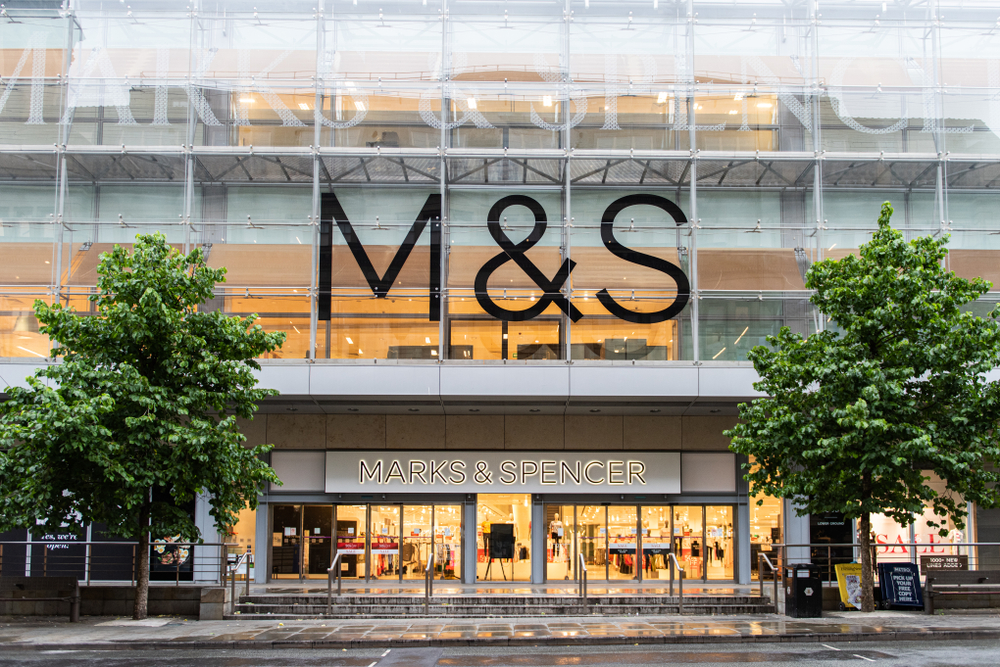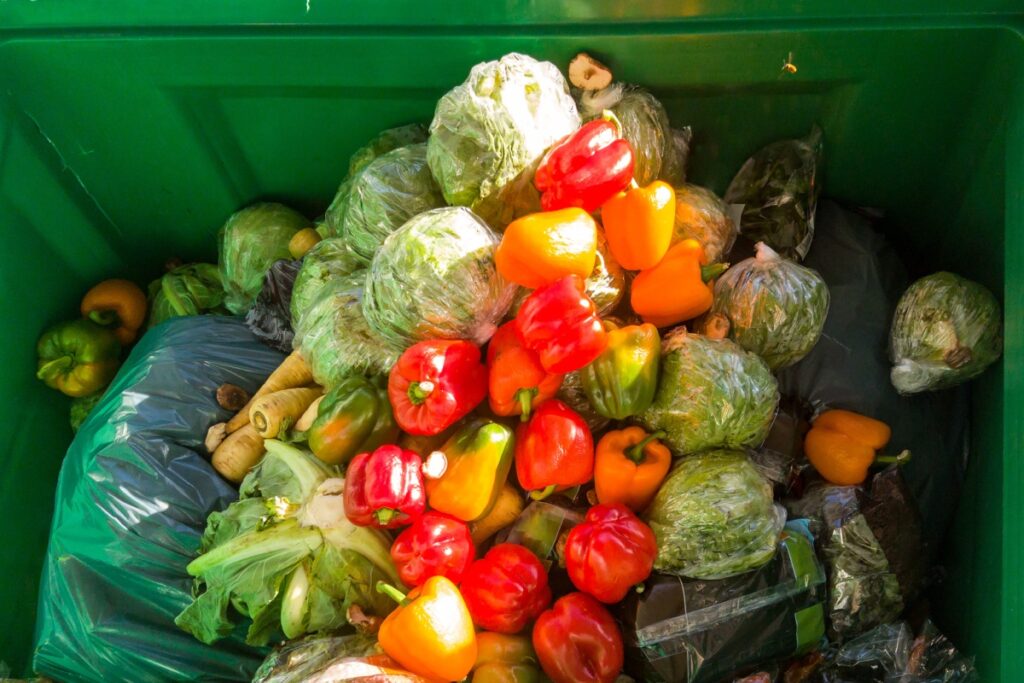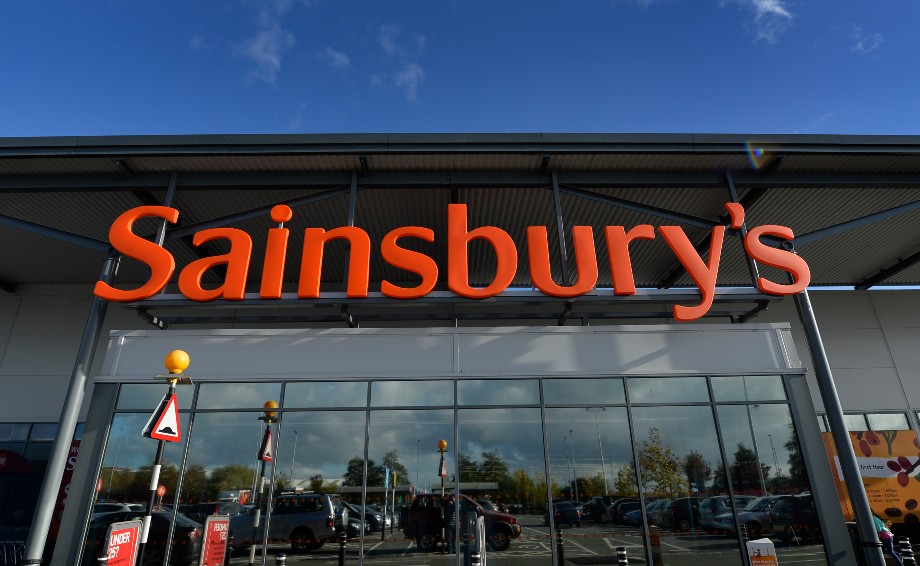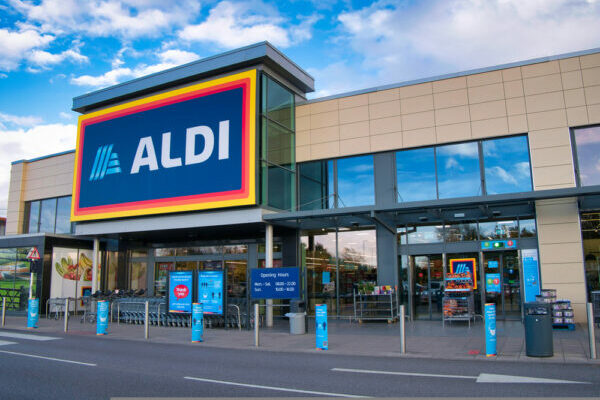Operating a successful retail business is challenging at the best of times, let alone amidst a cost of living crisis and rampant inflation, with margins squeezed from all sides. With consumers forced to tighten their purse strings and reduce discretionary spending, retailers are focused on competing successfully for sales and shoring up brand loyalty, while tackling rising return volumes.

Returns has been one of the thornier issues impacting the industry in recent years; several major brands have blamed financial under-performance on difficulties associated with returns. In an effort to determine the extent of the ‘returns crunch’ affecting the retail sector, and the strategies in play to find a solution, we teamed up with Sapio Research to poll 100 UK retailers and 1,000 consumers.
The results revealed that returns are posing a significant challenge for the sector, with 51% of retailers experiencing a rise in items being sent back. 28% have seen returns leap by as much as 30% while 17% reported an increase of as much as 40%.
However, while retailers are understandably focused on boosting sales and tackling the issues at the coalface, there’s a real risk that other more long-term priorities could be neglected in the meantime.
Subscribe to Retail Gazette for free
Sign up here to get the latest news straight into your inbox each morning
Sustainability is one of those priorities.
Although the research demonstrated the depth of the challenge caused by effectively managing rising volumes of returns, it also highlighted an interesting consumer shift in environmental awareness, coupled with growing consideration about the individual impact on carbon emissions when making purchases and sending products back.
With shoppers increasingly linking their purchasing habits to their environmental profile, it’s important that retailers don’t divert attention and investment away from sustainability.
37% of retailers report that consumers are more thoughtful about the volume of items they order, due to the environmental impact, and that this is causing shoppers to think harder about reducing their returns. When we spoke with consumers, 32% told us they had ordered fewer items due to concerns about sustainability, while a quarter have even felt guilty about sending goods back to retailers.
Sustainable returns could well be the next major battleground for retailers. As environmental consciousness increasingly begins to impact what we buy, and how we make returns, it’s vital that retailers and brands remain focused on making changes now. Failing to do so risks falling behind the competition, damaging brand equity and denting future sales.
Some brands have already identified the shift taking place around returns and customer expectations, with 36% planning to invest in making their supply chain and returns processes more sustainable.

Given that around just one-in-ten retailers manage to return 76-100% of returned items back to Grade A re-sellable stock, it’s clear that the industry has some way to go. 11% of retailers send returned items to landfill, 16% recycle goods sent back by shoppers, 13% donate items to charity and 41% – the majority – sell products via discounted channels.
If retailers are to compete successfully on sustainability – and avoid being left behind – now is the time to invest in supply chain improvements, making the necessary changes to not only reduce the environmental impact of returns, but to transform the entire process from start to finish.
Retailers should take a holistic view across their operations, from the sourcing of materials and products and how they’re transported, through to storage, dispatching items to the customer and, of course, returns. Many improvements can be made using modern, bespoke software to create a transparent supply chain with a ‘control tower’ view. Such an approach can enrich the flow and availability of data, providing the insights required to minimise wastage and maximise efficiencies – a great first step towards improving sustainability.
Undoubtedly, the financial impact of returns – both for retailers and consumers – will continue to rank highly over the coming months and years. However, this shouldn’t blinker the importance of other factors. Nearly a third (31%) of consumers are as concerned about the cost of sending products back, as they are about the environmental impact. Enhancing supply chain sustainability is growing more and more important for customers, and retailers need to ensure they are taking the necessary steps to remain relevant.
Click here to download a copy of our latest eBook, with more detail on the impact of the returns crunch on the retail industry, our consumer findings and the options for retailers in tackling rising return volumes to improve margins and cut costs, while maintaining free or low-cost returns.
Click here to sign up to Retail Gazette‘s free daily email newsletter


















